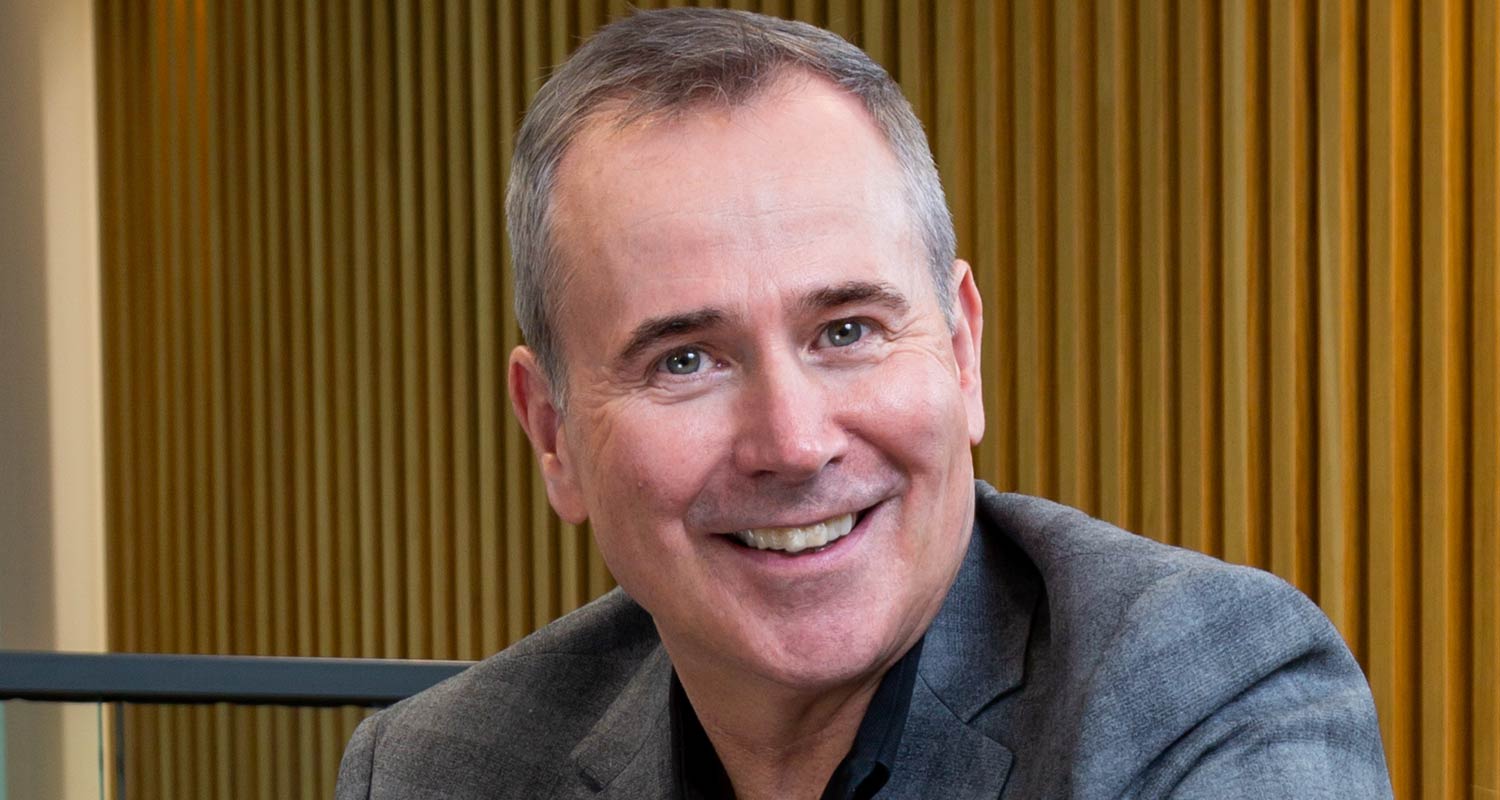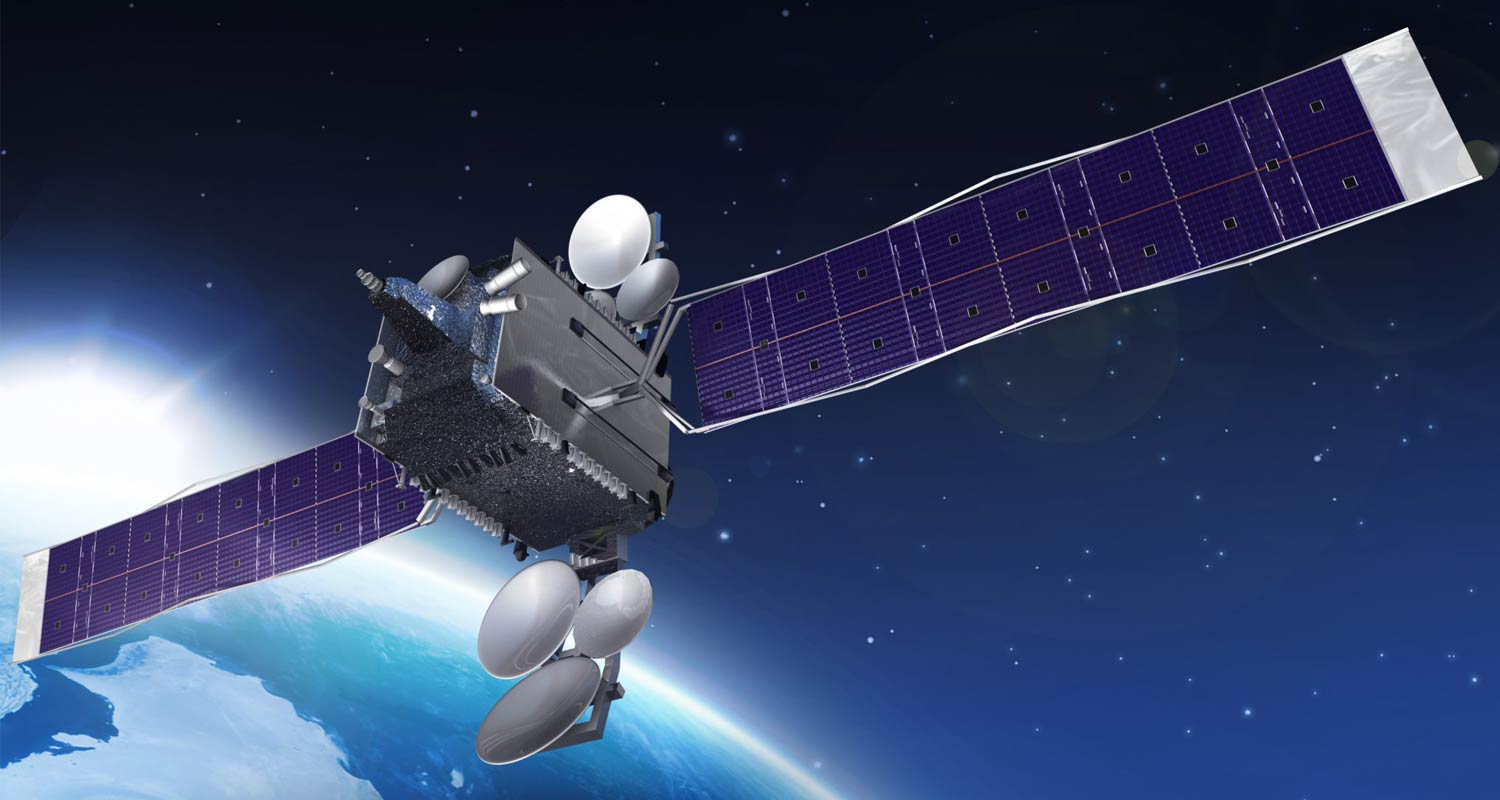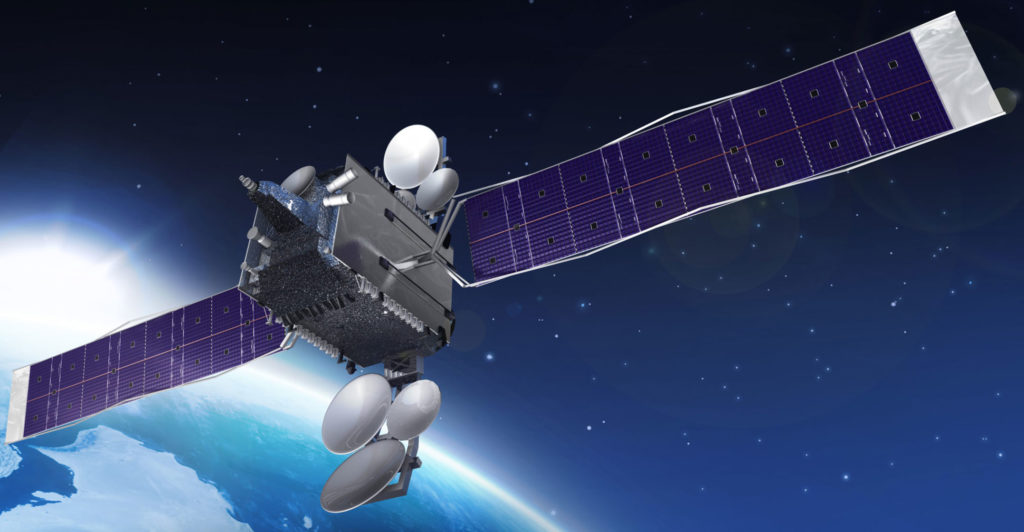
Satellite-based connectivity solutions are gaining mainstream adoption and becoming more important to the telecommunications infrastructure mix in South Africa.
In the 2022 edition of its Financial Stability Review, the South African Reserve Bank urged the country’s banks and telecoms operators to jack up their resiliency initiatives to ensure that the country’s financial system doesn’t collapse under increased levels of load shedding.
“Battery recharge constraints for ATMs and cellular network towers during stages of longer load shedding could affect the effective functioning of key infrastructure necessary for the financial system,” the Reserve Bank said in the 2022 review.
Since then, the country’s financial and telecoms sectors have turned to satellite solutions as a form of backhaul infrastructure. This is according to Kyle Whitehill, CEO of Avanti Communications, a British satellite solutions provider with a footprint in South Africa and across sub-Saharan Africa.
“In South Africa, we are focused on supporting mobile operators by providing them with backhaul, particularly for rural communities, where we connect mobile sites to the core network,” said Whitehill. “We are now supporting the financial sector by providing resilience because of the load shedding issue.”
Network operators such as Vodacom and MTN rely on satellite service providers like Avanti and others to connect their rural infrastructure to the rest of their networks because building fibre infrastructure – the traditional means of providing backhaul – becomes less and less feasible the further away a cell site is from the core network. This use case established the longstanding relationship between satellite service providers and telecoms operators and predates the advent of load shedding, but satellite backhaul has also proven to be an effective backup for operators when power outages restrict their terrestrial infrastructure.
Quandary
In the financial sector, Avanti provides redundancy backhaul between data centres in Johannesburg and Cape Town, as well as a specialised backhaul service that can route traffic to data centres in Europe should local infrastructure be severely restricted due to power outages or some natural disaster.
However, the use cases for the telecoms and financial sectors converge when local companies have operations elsewhere on the continent, said Whitehill. In this scenario, he explained, South African companies, especially in the financial sector, have built a model where the operating countries outside South Africa do not do their own data processing. The traffic must therefore be backhauled to Johannesburg, processed in a local data centre, and the result then sent back to the country of origin. This means that power outages in South Africa could have serious downstream implications on operations elsewhere.
It also presents a quandary for Avanti, where satellite is considered as a form of backhaul in such scenarios. The amount of data sent between the processing centres in South Africa and countries across sub-Saharan Africa is too much for the relatively small “pipe” that satellite connections offer compared to traditional fibre backhaul. To get around this, Avanti advises its clients to choose two or three applications that must “stay alive” to keep their core services active, with those applications that can endure the latency of a batch processing cycle being deprioritised.

“Clients usually choose applications that are critical to their operations,” said Whitehill. “They usually choose Microsoft Teams since communication is critical and things like mobile money services because the processing has to be instantaneous for the service to work.”
Changes in the satellite industry over the years have altered the perceptions of the technology from being a distress purchase to something that could be viable in an increasing array of use cases, said Whitehill. Modern satellites are bigger, have higher throughput rates and are placed at more varied distances away from the Earth depending on their intended applications.
Competition in the satellite space is rife. In the LEO, or low-Earth orbit segment of the market, Elon Musk’s Starlink and Amazon’s Project Kuiper are dominating, with both looking to expand their broadband offerings with direct-to-mobile capabilities.
Read: Cell towers in space: inside the race to connect planet Earth
Avanti has four of its own satellites in geostationary orbit (GEO) that cover Europe, the Middle East and Africa. Three-quarters of its capacity is in sub-Saharan Africa through two of its four satellites. For scenarios where medium-Earth orbit (MEO) or LEO satellite solutions are more suitable, Avanti partners with other specialist providers. – © 2024 NewsCentral Media




